Not many panels at the University of Memphis have a security guard at the door, but apparently someone at the university thought a panel discussion on the Black Lives Matter and Show Me $15 movements warranted the extra measure.
The panel last week was the second stop on what is being called the “Freedom Tour,” a collaboration between the two movements to reach out to students on college campuses. The security officer’s services weren’t needed, as the panel remained peaceful.
“Economic oppression is very much a part of the physical violence, the structural violence, that happens to and against black people, both interracially and through state violence,” said Zandria Robinson, a sociology professor at the University of Memphis and facilitator of the event.
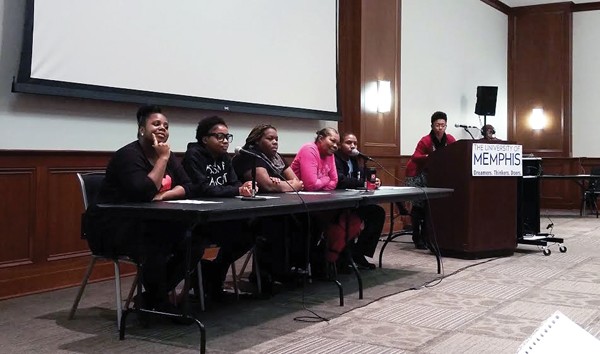 Alexandra Pusateri
Alexandra Pusateri
Black Lives Matter/Show Me $15 panel
The Black Lives Matter movement rose from the killing of 18-year-old Michael Brown in Ferguson, Missouri, last year. The unarmed Brown was fatally shot by police, spurring a national debate about excessive police force and racial profiling, as well as an examination of the relationship between law enforcement and people of color. Protests were sparked across the country, demanding police accountability as well as demilitarization of local police.
The Show Me $15 movement emerged from fast-food industry workers in late 2012 but has grown into a nationwide movement to raise the minimum wage, encompassing other industries, including home health care and airport workers. Strikes, rallies, and sit-ins have occurred across the country — nearly 200 cities participated in protests in December.
Jeanina Jenkins, a representative of the Black Lives Matter movement from Ferguson, said the issues of the two movements intertwine. Before she got involved with organizing, she was a fast-food worker.
“It just confused me, how the system works — bring more police into the neighborhoods instead of bringing more jobs in,” Jenkins said. “You’re basically trying to come into the neighborhood like it’s a problem. The reason there’s violence is because we need jobs. We need living-wage jobs that pay $15 [an hour], and we need unions so they can protect us.”
In 1978, the federal minimum wage was set at $2.65 an hour. That minimum wage would be equivalent to $10.02 an hour today, but the current federal minimum wage is still $7.25 an hour — last raised in 2009. Some states have instituted a higher minimum wage, but for states like Tennessee, workers depend on the federal minimum.
“This is why crime is occurring in our city, in our country,” said Sha’Ona Coleman, a panelist and organizer with Shut It Down Memphis. “So many black and brown individuals are getting caught up in the cycle. That’s why we’re demanding $15 an hour, so that this won’t happen. We can cut all of this out in the next two generations if we were to get $15 an hour. We work just as hard as anyone else.”
Panelist Christopher Smith, organizer and Church’s Chicken employee, got involved with Show Me $15 and, once his employer found out, his hours were cut, restricting his income even further.
“I grew up in South Memphis. I sold drugs,” Smith said. “I’ve been through it all. I’m trying to make a change. I’m working every day and working hard, and I feel I deserve more. I’ve been working at Church’s Chicken for three years, and I’ve only gotten a 10-cent raise.”
Organizers asked the audience to join them on April 15th for a rally in Ferguson, which they hope will be the largest so far.

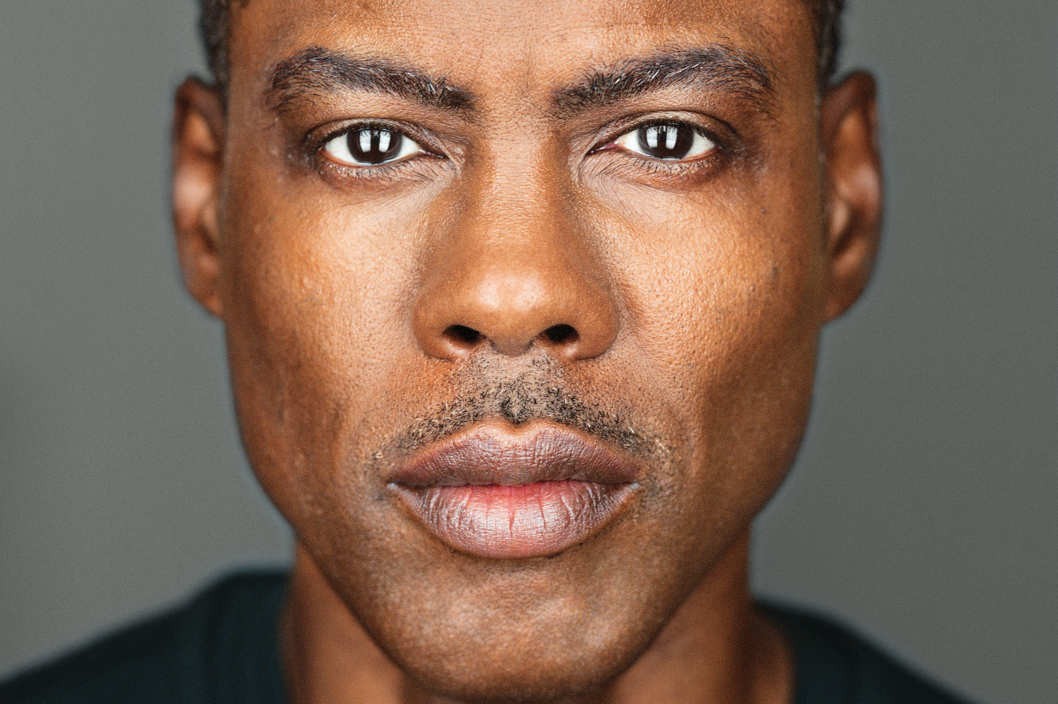
 Louis Goggans
Louis Goggans 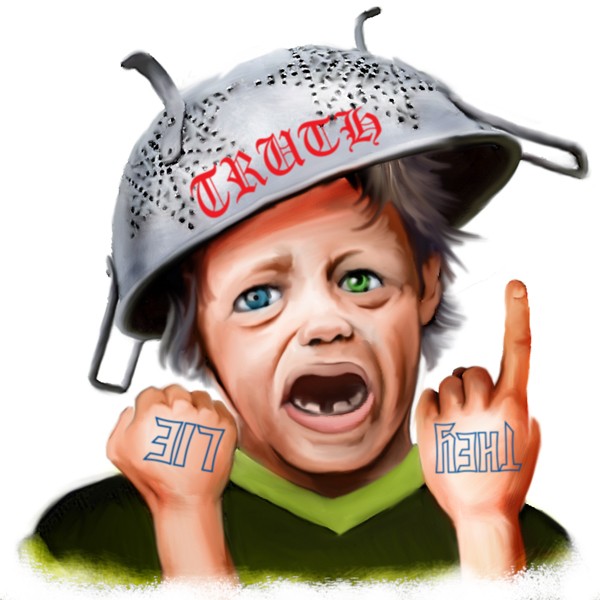 Greg Cravens
Greg Cravens 
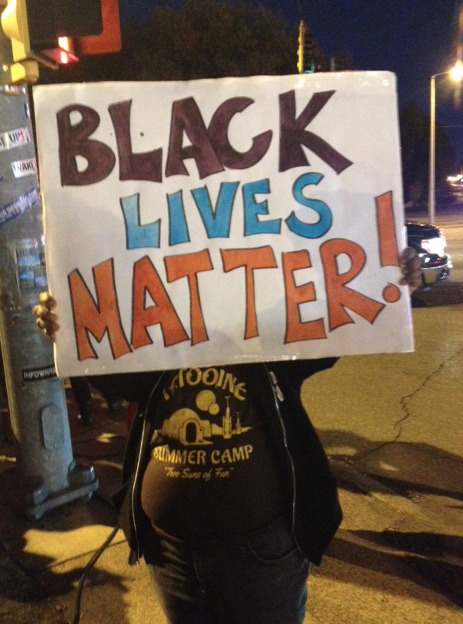 Louis Goggans
Louis Goggans 

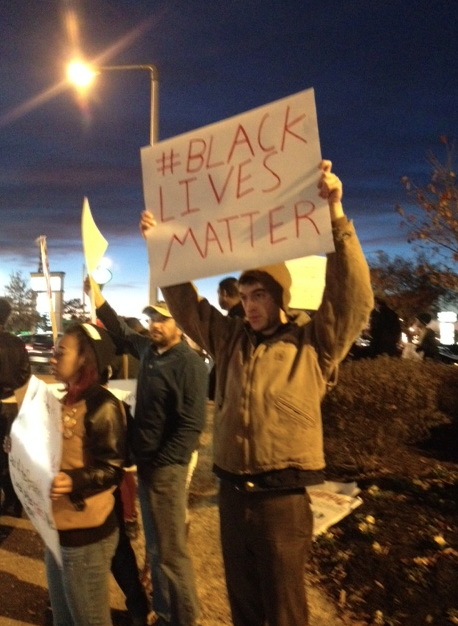
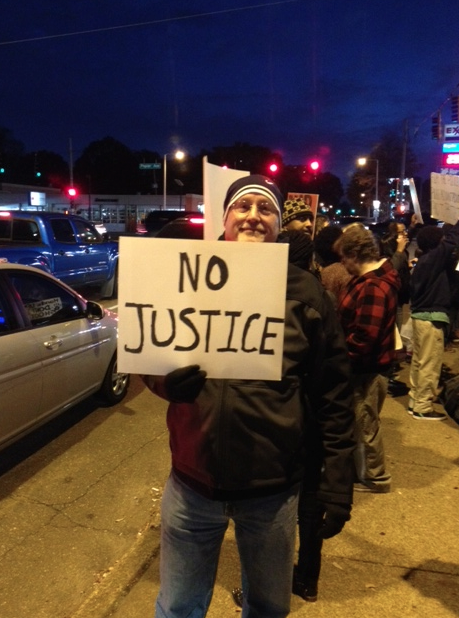



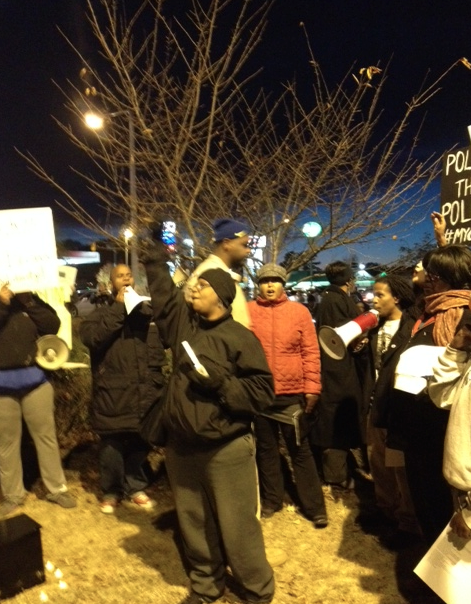

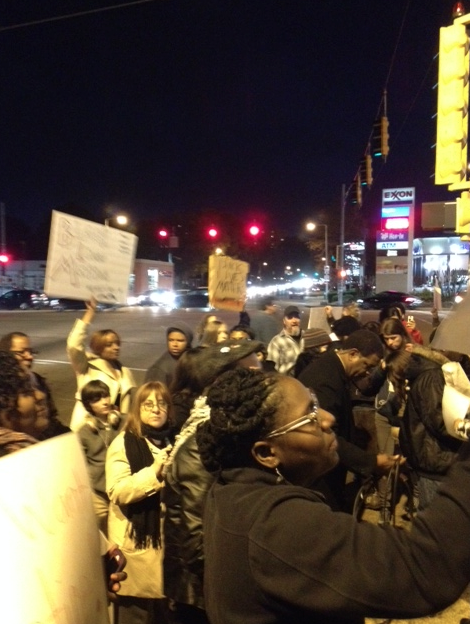

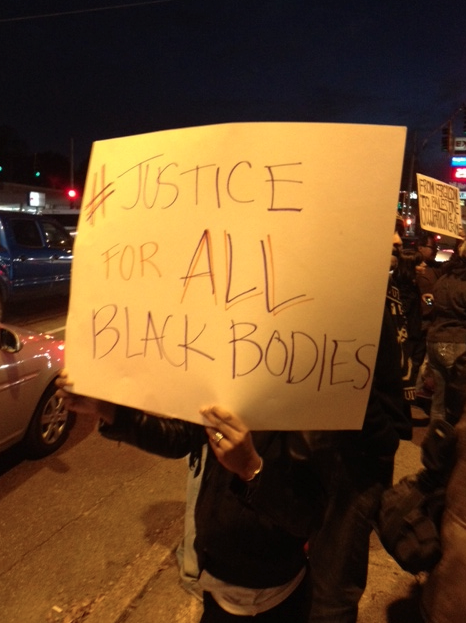
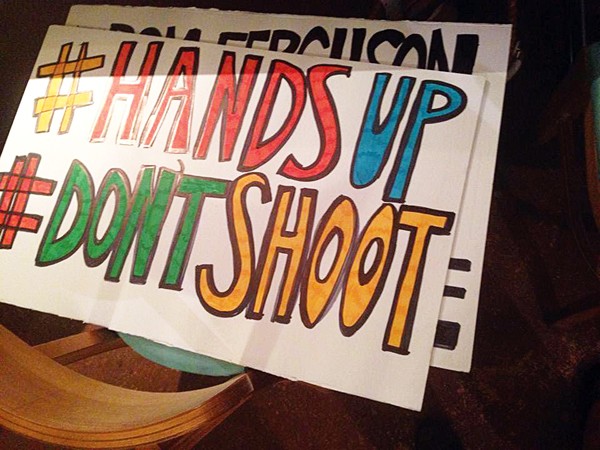 Memphis United Facebook Page
Memphis United Facebook Page